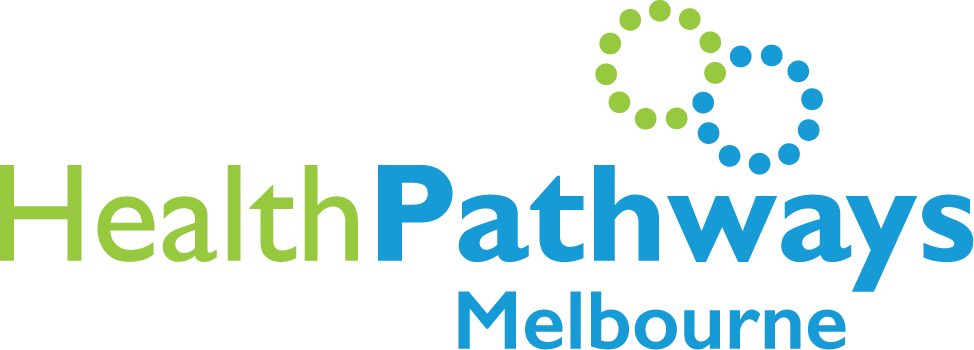
By Dr Jeannie Knapp.
What is a ‘mature minor’?
Adolescence is a time of maturing and individuating from parents. Being able to reassure a young person that their consultations with general practice will be treated confidentially is an important tool in building trust and rapport. 
The legal age of consent in Australia is 18, however young people can be deemed to be able to provide consent for their own treatment if they meet the ‘mature minor’ or ‘Gillick principle’.
The Gillick Principle became common law following the 1986 Gillick ruling in the UK. In this case, the court determined that there were circumstances in which a child or young person could consent to their own medical treatment. In order to do so, the child or young person must have a ‘sufficient understanding and intelligence to enable him or her to fully understand what is proposed’.
This may be different based on the complexity of the condition or treatment – a young person may be ‘Gillick competent’ for one condition or treatment but not for another.
This was also established in Australian common law in 1992 and is known as ‘Marion’s Case’.
How might the Gillick Principle be applied in practice?
The following case study outlines how a GP might use the Gillick Principle in the care of a young patient.
Jane, aged 15, books in to see one of the GPs at your clinic, Omar, to discuss contraception. Both her parents see Omar, as do her siblings. She is concerned that her information will not be treated confidentially.
A child or young person’s capacity to consent is assessed for each proposed treatment. A child or young person may be mature enough to consent to some treatments and not others.
 If a child or young person has decision-making capacity, the consent of a parent is not required. Depending on the treatment, it may be useful to encourage the patient to discuss the treatment with their parents or a trusted adult, but it is not needed to proceed.
If a child or young person has decision-making capacity, the consent of a parent is not required. Depending on the treatment, it may be useful to encourage the patient to discuss the treatment with their parents or a trusted adult, but it is not needed to proceed.
Omar discusses contraceptive options with Jane. He determines that her sexual partner is 16, and that the relationship is consenting. Jane intends to continue seeing her boyfriend, and Omar determines that providing her with safe contraception would be safer for her physical and mental health than an unplanned pregnancy.
Omar explores Jane’s understanding of the issue, in particular her understanding of the risks of the various options, and sexual consent. He educates her on safe sexual practices. Omar encourages Jane to discuss this with her parents, but Jane has been in conflict with her parents and doesn’t wish to involve them.
Omar reassures Jane that although she is under 18, he will treat all her consultations confidentially, unless he ever feels that her or another person’s life is at risk.
The principles established in the Gillick case mean that a medical practitioner is entitled to provide medical advice and treatment on sexual matters without the parents’ knowledge or consent provided he or she is satisfied of the following matters (source):
- That the young person understands all aspects of the advice… that understanding includes all relevant matters and it is not limited to family and moral aspects as well as all possible adverse consequences which might follow from the advice;
- That the medical professional cannot persuade the young person to inform his or her parents or to allow the medical professional to inform the parents that their child is seeking advice and/or treatment on sexual matters;
- That (in any case in which the issue is whether the medical professional should advise on or treat in respect of contraception and sexually transmissible illnesses) the young person is very likely to begin or to continue having sexual intercourse with or without contraceptive treatment or treatment for a sexually transmissible illness;
- That unless the young person receives advice and treatment on the relevant sexual matters, his or her physical or mental health or both are likely to suffer; and
- That the best interests of the young person require him or her to receive advice and treatment on sexual matters without parental consent or notification.
Omar is satisfied that Jane meets the mature minor or Gillick principle, understands the implications of her treatment, and that not treating will be more risky to Jane’s physical and mental health than treating.
Omar is satisfied that he encouraged Jane to speak to an adult, but that she has declined. Jane decides on the Implanon, and rebooks to have it inserted. In the meantime, Jane’s mother phones Omar and asks for information on Jane’s consultation.
If a child or young person has decision-making capacity, consent of a parent is not required, and a health practitioner must seek that child or young person’s consent before discussing the treatment with their parents or any third party, just as with any other request for information.
Omar double checks with his indemnity provider, and politely declines Jane’s mother’s request for information.
Jane returns for the Implanon insertion, mortified because her mother told her she tried to get information about the consultation, but very thankful to Omar for maintaining her confidentiality. She now feels she can trust Omar and starts to talk with him during the insertion about the troubles she is having at home.
This article is designed as a guide only and does not replace formal legal advice. For further information on consent and privacy contact your indemnity provider.
Where can I find more information?
North Western Melbourne Primary Health Network is running a session on ‘Managing adolescent health and wellbeing in general practice’ for GPs, nurses and practice managers on 11 September 2019. Register for that session here.
HealthPathways Melbourne has pages on Consent and Tips and Resources for Adolescent Health.
If you do not have access to HealthPathways please contact info@healthpathways.org.au
In practice, GPs frequently see patients where we need to make a clinical judgement about whether or not to treat them as a mature minor. Practices might consider doing an in-house education session and having a practice policy about consent in minors. These resources are useful:
Avant has a number of resources on consent including articles and RACGP-accredited Active Learning Modules (ALMs):
The RACGP has a number of resources including ALMs and articles available on its website.
Disclaimer: This article was provided by Dr Jeannie Knapp. While every effort has been made to ensure the information is accurate, North Western Melbourne Primary Health Network does not warrant or represent the accuracy, currency and completeness of any information or material included within.




